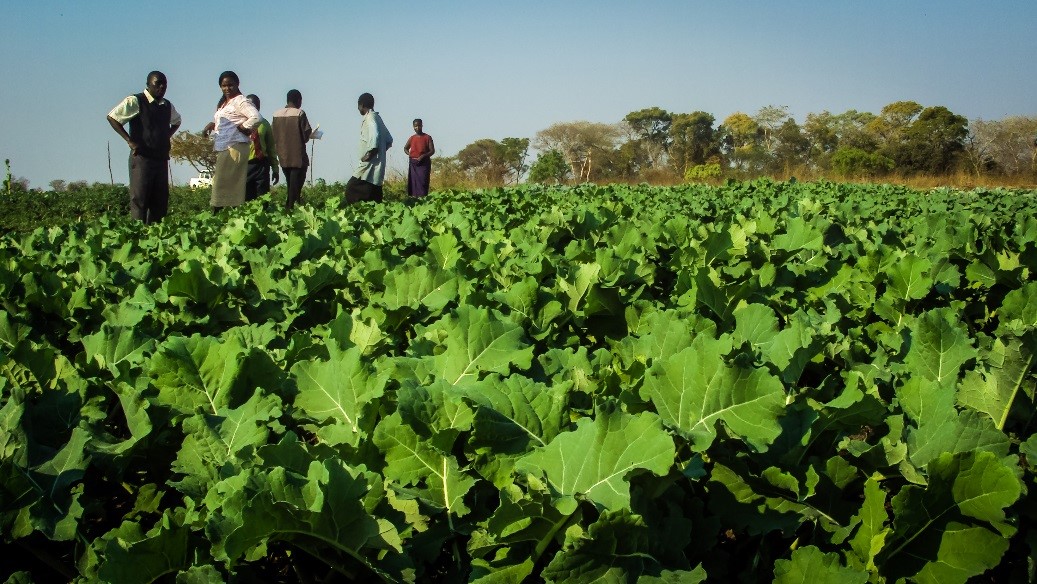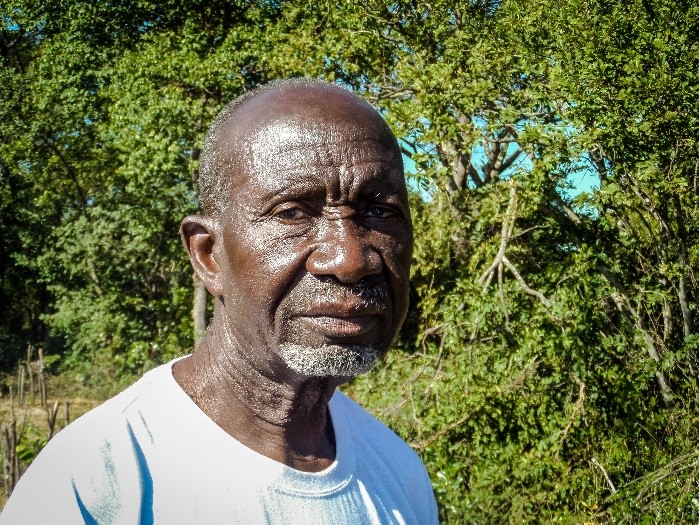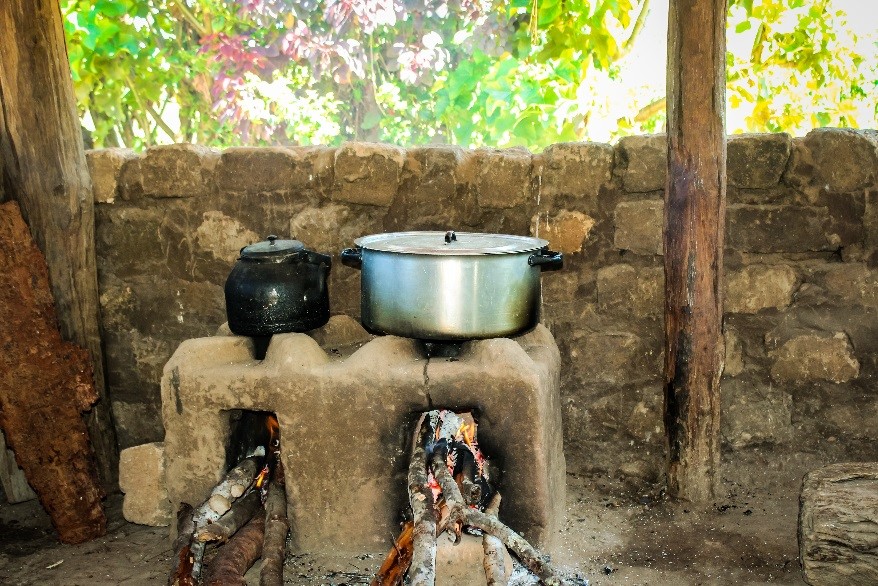
Our partner, the Council of Churches in Zambia (CCZ) has been promoting response to climate change vulnerabilities by empowering local communities in Zambezi District in the North-Western part of Zambia, with appropriate knowledge, materials and skills.

In a project called ‘empowering local communities to adapt in Zambezi District,’ implemented from July to December 2014, 150 peasant farmers where empowered in sustainable agriculture land use and gardening while 1,412 out of the targeted 2, 500 households got access to fuel efficient traditional cooking stoves.
“My change moment came when the Extension Officer from the Ministry of Agriculture talked to us about the importance of intercropping and caring for our fields,” said Village Headman Edwin Kanyungula. “Every year I grow maize on my fields and over the years I have noticed reduced yields from the fields and from the meeting I noticed that I was practicing a monoculture type of agriculture.”

He added: “During the 2014 rain season, with the help of the project I managed to get help from the Ministry of agriculture on intercropping and now my maize looks very healthy and am very sure I will have a good harvest!”
Under the project 20 women were trained in community sensitization to promote the fuel efficient cooking stoves. There was also community education on climate change adaptation following plans to construct 2,500 fuel-efficient stoves to reduce time that rural women spend collecting firewood and reduce the amount of wood and charcoal used for cooking by about 50 %. This will ultimately reduce the amount of trees the target communities will be cutting from the forest for cooking ensuring forest degradation from cutting down of trees is minimised.

The project enhances food security by promoting innovative land rehabilitation, crop integration, vegetable gardening and provision of fuel efficient cook stoves. The purpose of this project is to strengthen the existing capacities of the community to respond and manage the risks posed by climate change.